Leading a nation can be complicated and full of pitfalls. Especially when corruption and temptation to fulfill personal ambition tempt those in charge. As we look back at the leaders who have gone down in history as failures and disappointments, we can’t help but wonder: Where is the line drawn between power and corruption?
The Nixon Tapes: A Presidency Unraveled
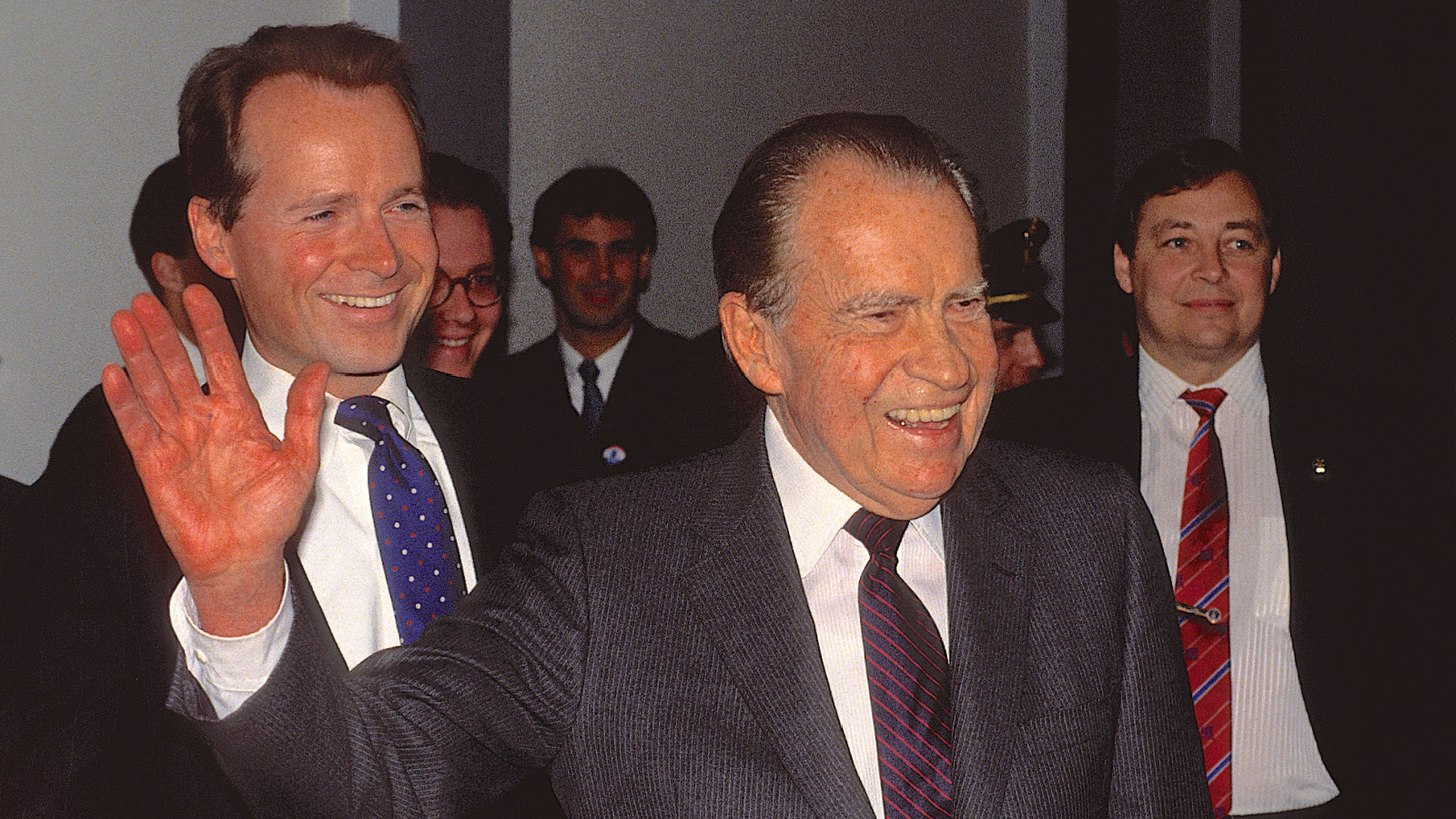
The Watergate scandal led Richard Nixon to resign. Hidden recordings in the Oval Office revealed Nixon’s involvement in the cover-up of the Democratic National Committee office break-in. As the scandal unfolded, Nixon’s complicity became undeniable, marking a significant breach of trust. His resignation in 1974 remains a pivotal moment in American political history.
Julius Caesar: The Ambition that Split Rome

Julius Caesar was cunning, strategic, and power-hungry. His manipulation of Rome’s political structures enabled his transition from a military general to a dictator. Caesar’s reign was cut short by his assassination. His life story is a testament to how ambition and political maneuvering can both elevate and doom a leader.
Robespierre: The Tyranny of Virtue
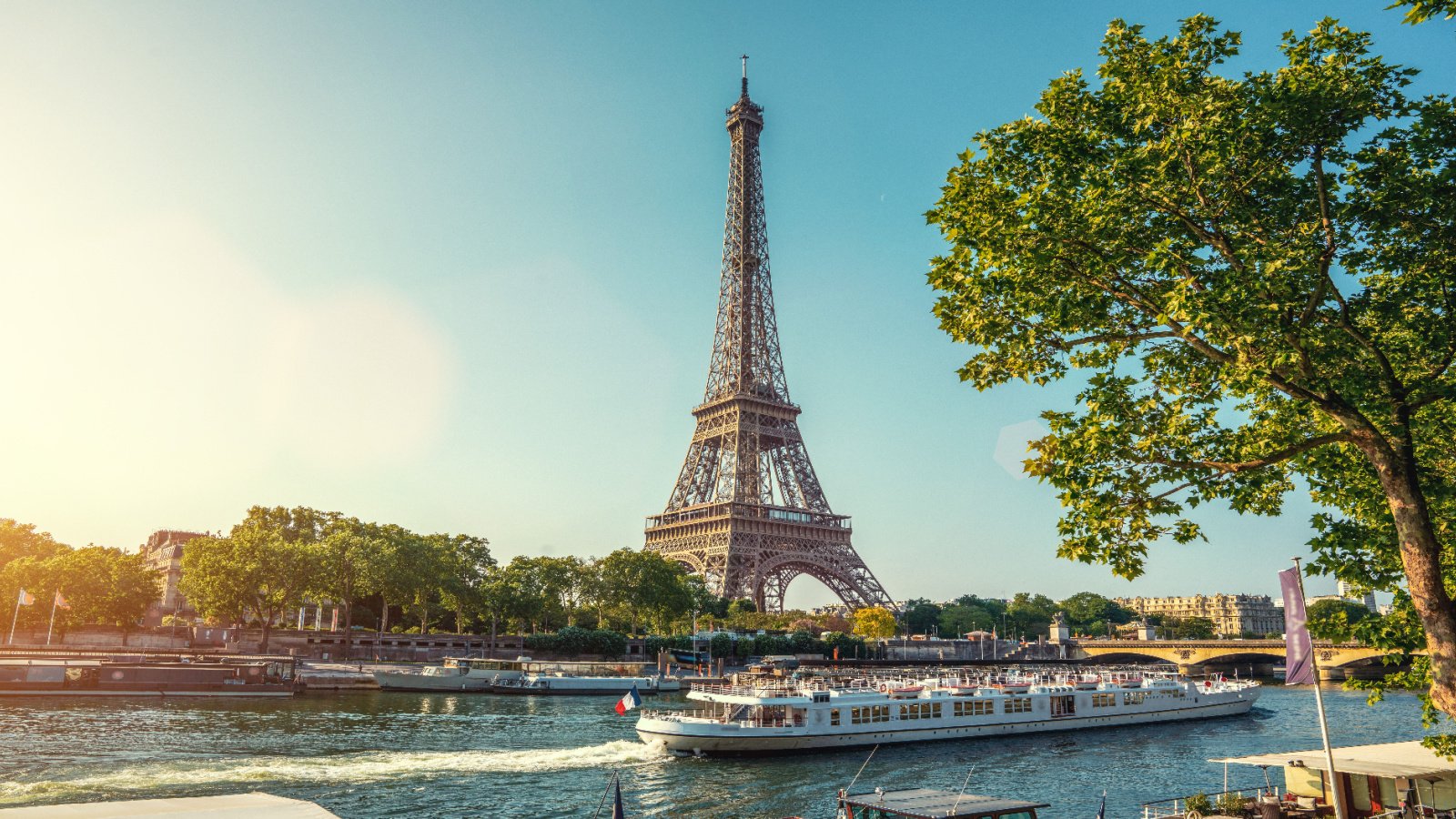
Maximilien Robespierre advocated for democratic ideals during the French Revolution. However, his Reign of Terror saw thousands executed under the guise of purging France of enemies of the revolution. His extreme measures, justified by his concept of ‘virtue’, ultimately led to his downfall and execution.
Boss Tweed: The Corruption King of New York
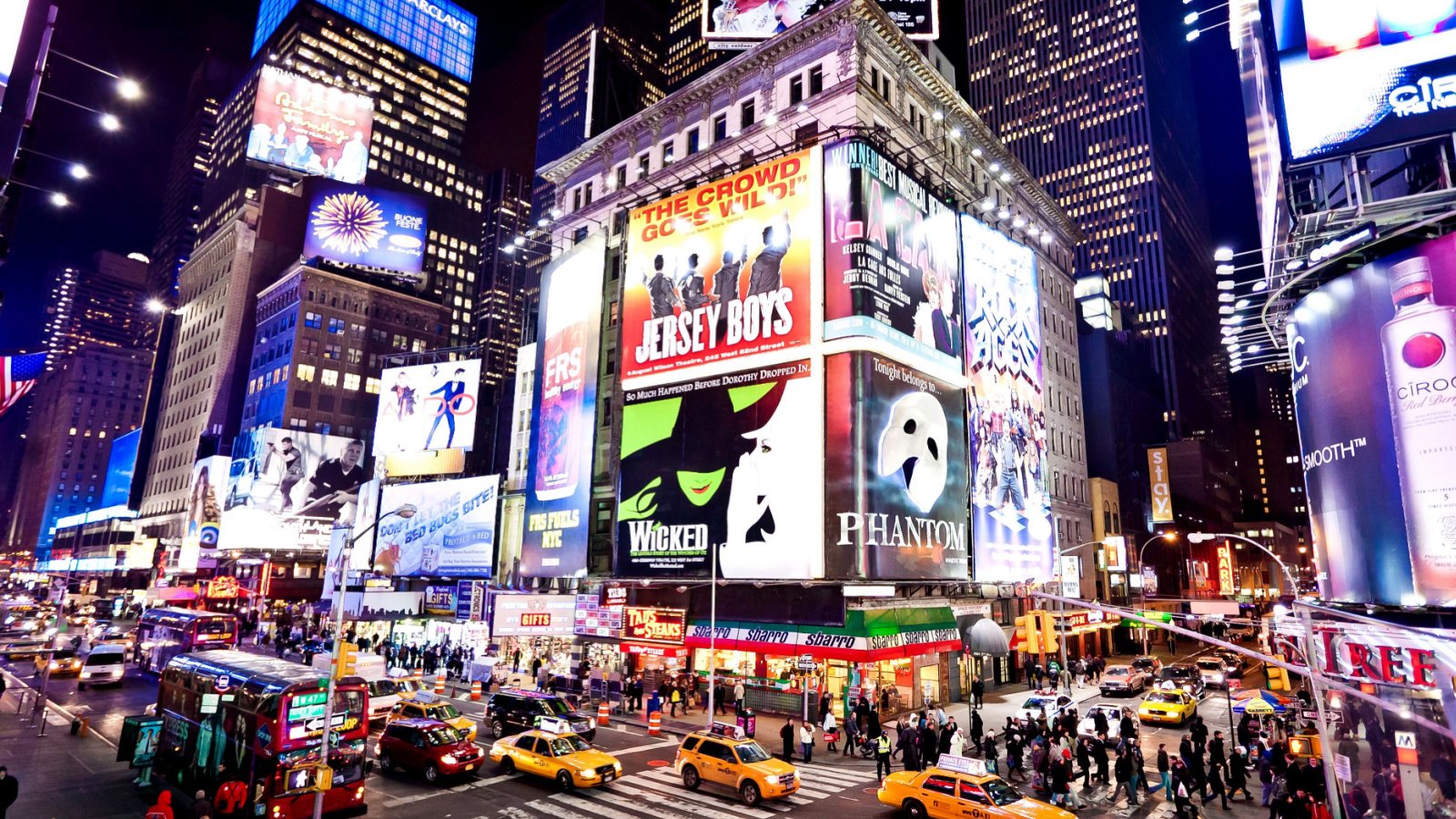
William M. Tweed, a.k.a. Boss Tweed, ran an organization that controlled New York City in the late 19th century. His elaborate embezzlement schemes defrauded the city of millions of dollars, money that was supposed to fund public projects. Tweed’s downfall came when his corrupt dealings were exposed, leading to his arrest and imprisonment.
Berlusconi’s Bunga Bunga Parties: Politics Meets Scandal

Italian Prime Minister Silvio Berlusconi was notorious for his parties, which embroiled him in multiple sex scandals. His tenure as Prime Minister was punctuated by legal battles, accusations of corruption, and conflicts of interest due to his vast media empire. Despite these scandals, Berlusconi’s charisma kept him in power for years.
The Fall of Ceaușescu: Power Corrupts Absolutely

Nicolae Ceaușescu’s rule over Romania was marked by widespread poverty and dissent. His extravagant lifestyle, funded by the nation’s coffers, starkly contrasted with the suffering of the Romanian people. The revolution of 1989 culminated in Ceaușescu’s trial and execution, a dramatic end to decades of tyrannical rule.
Fujimori’s Forced Sterilizations: A Dark Legacy

Former President of Peru Alberto Fujimori forced thousands of indigenous women to be sterilized without their consent in an effort to combat poverty, sparking international outrage. Fujimori’s authoritarian rule eventually led to his conviction on charges of corruption and human rights violations.
Zuma’s Nkandla Homestead: Personal Gain over Public Good

Jacob Zuma, South Africa’s former President, used state funds to upgrade his private residence in Nkandla. This scandal highlighted the issues of misuse of public resources and the lack of accountability in governance. Despite facing multiple charges of corruption, Zuma’s political career was supported by the African National Congress.
The Teapot Dome Scandal: Oil, Bribes, and Politics

The Teapot Dome scandal during Warren G. Harding’s presidency involved the secret leasing of federal oil reserves in exchange for personal bribes, a clear betrayal of public trust. The scandal exposed the deep-rooted corruption within Harding’s administration.
Marcos and the Billions Pilfered: Wealth Amidst Poverty
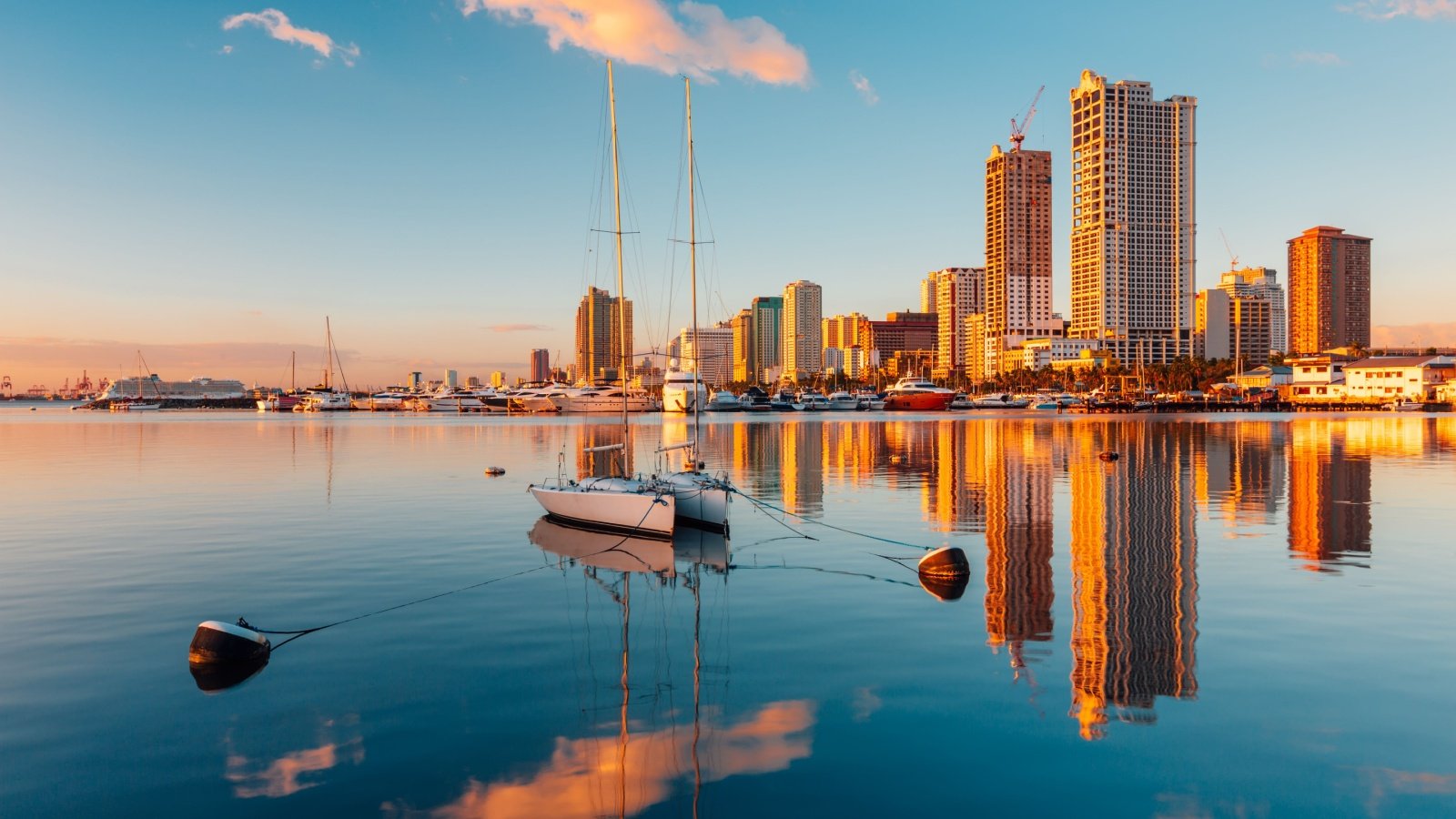
Former President Ferdinand Marcos basked in his wealth while the citizens of the Philippines experienced extreme poverty. His regime was characterized by martial law, suppression of dissent, and rampant corruption.
Blagojevich’s Senate Seat for Sale: Corruption on Tape

Rod Blagojevich, the former Governor of Illinois, was caught in a wiretap attempting to sell Barack Obama’s vacated Senate seat. His brazen approach to politics and disregard for legal and ethical standards shocked the nation. Blagojevich’s impeachment and subsequent prison sentence underscore the consequences of blatant corruption.
The Golden Age of Piracy: Political Pirates of the Caribbean

The Golden Age of Piracy involved covert support and political backing from colonial powers. Pirates like Blackbeard and Henry Morgan operated with a mix of personal gain and quasi-political motives, at times serving as privateers. This era reflects the intriguing dynamics of unofficial political alliances and the pursuit of wealth and power on the high seas.
Caligula’s Rome: Madness and Tyranny

Caligula’s short reign as Roman Emperor was marked by extravagance, cruelty, and alleged madness. His actions, from declaring war on the sea to appointing his horse as a consul, showcased his erratic governance and disregard for Roman tradition and dignity. The assassination of Caligula by his own guards was a direct response to his tyrannical rule.
The Impeachment of Andrew Johnson: Power Struggles in Reconstruction

Andrew Johnson was president during Reconstruction following the American Civil War. His opposition to measures that would have provided rights and protections for newly freed slaves put him at odds with Congress, leading to his impeachment. Although he was acquitted by a single vote, Johnson’s presidency is a case study in the challenges of governing a divided nation.
The Profumo Affair: Scandal at the Heart of the Cold War

The Profumo Affair was a political scandal in the UK that involved sex, espionage, and deceit at the highest levels of government. John Profumo’s affair with Christine Keeler, who was also involved with a Soviet naval attaché, created a national security concern and a public uproar.
The Borgia Legacy: A Family’s Ambition and Scandal
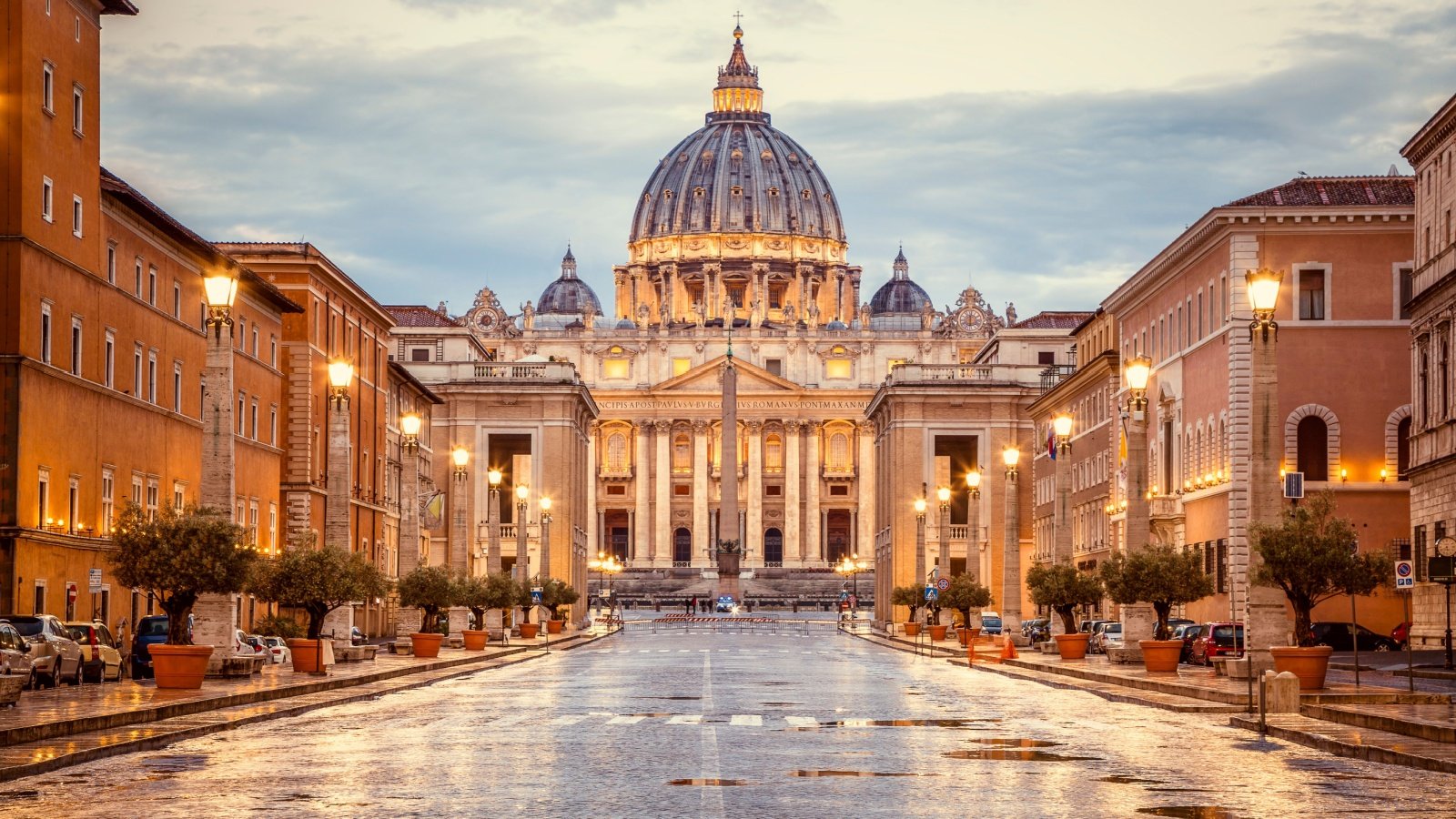
During the Italian Renaissance, the Borgias family used marriage alliances, assassination, and bribery to consolidate their power. Rodrigo Borgia, who became Pope Alexander VI, was particularly notorious for using the papacy for personal gain. The scandals surrounding the Borgia family, from accusations of incest to murder, have become the stuff of legend.
The Gilded Age: Monopolies and the Robber Barons

The Gilded Age in the United States was a period marked by economic growth, but also by inequality and corruption. John D. Rockefeller and Andrew Carnegie amassed fortunes through monopolies, often at the expense of workers’ rights and fair competition. These “Robber Barons” manipulated that government to serve the interests of the wealthy over the common good.
Waterkantgate: Germany’s Own Watergate
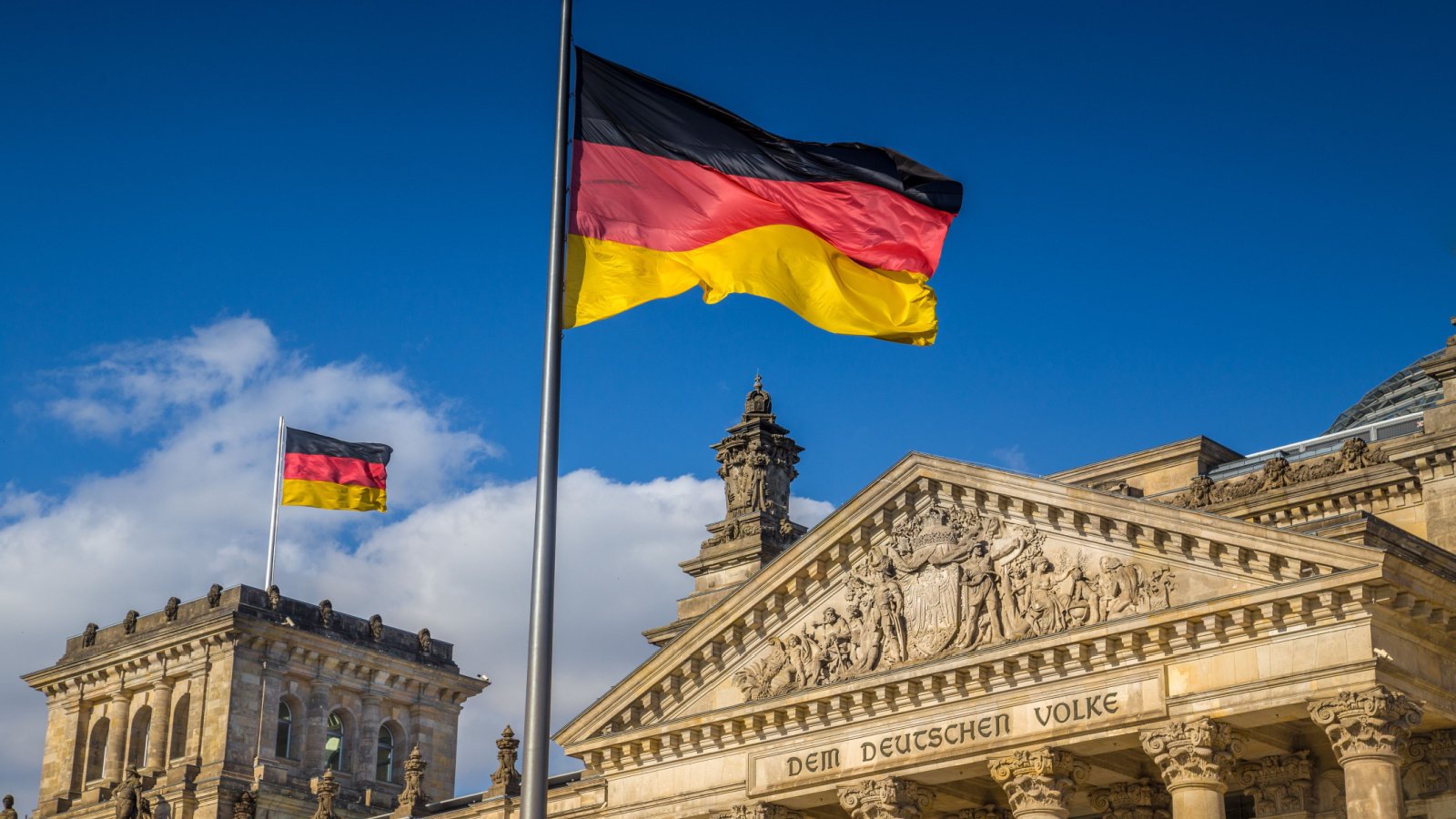
Waterkantgate was a political scandal in Germany that bore similarities to the Watergate scandal in the United States. It involved the surveillance of political opponents and led to a crisis of confidence in the government. The scandal highlighted the dangers of overreach by those in power and the importance of checks and balances in a democratic system.
The Enron Scandal: Corporate Greed Meets Politics

The Enron scandal exposed the dark side of corporate America. Enron’s executives engaged in widespread accounting fraud to hide the company’s financial losses, leading to its collapse and the loss of thousands of jobs. The scandal also revealed the company’s close ties to political figures, raising questions about the influence of corporate money in politics.
The Chappaquiddick Incident: Tragedy and Scandal
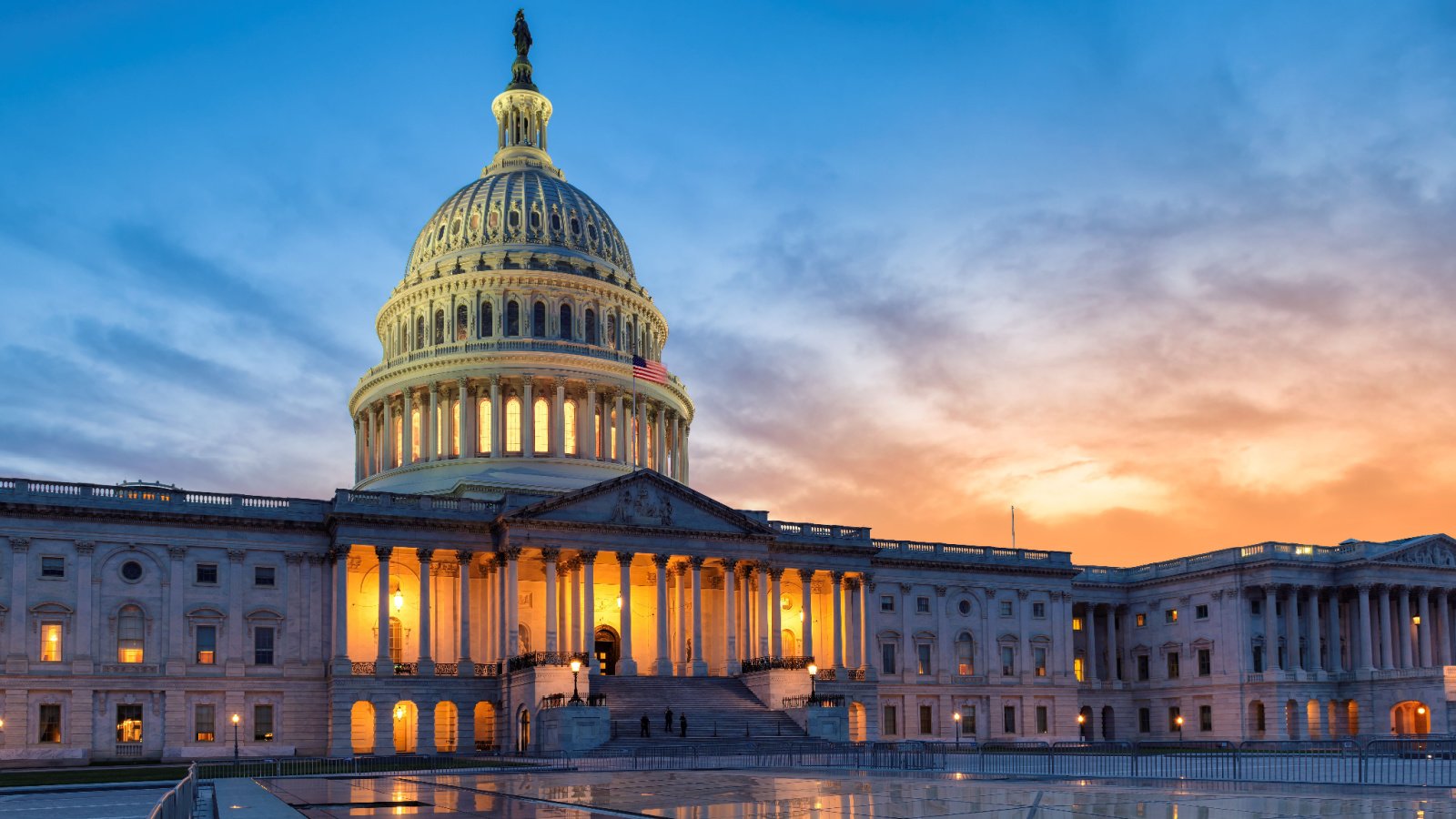
The Chappaquiddick incident involved Senator Ted Kennedy and the tragic death of Mary Jo Kopechne. The mishandling of the incident, including delays in reporting the accident, led to widespread public skepticism and questions about Kennedy’s integrity.
The Panama Papers: A Global Web of Corruption

The Panama Papers leak in 2016 exposed a sprawling network of global corruption, implicating world leaders, business magnates, and celebrities in schemes to hide wealth and evade taxes. The revelations sparked international investigations and called into question the integrity of numerous political figures and institutions.



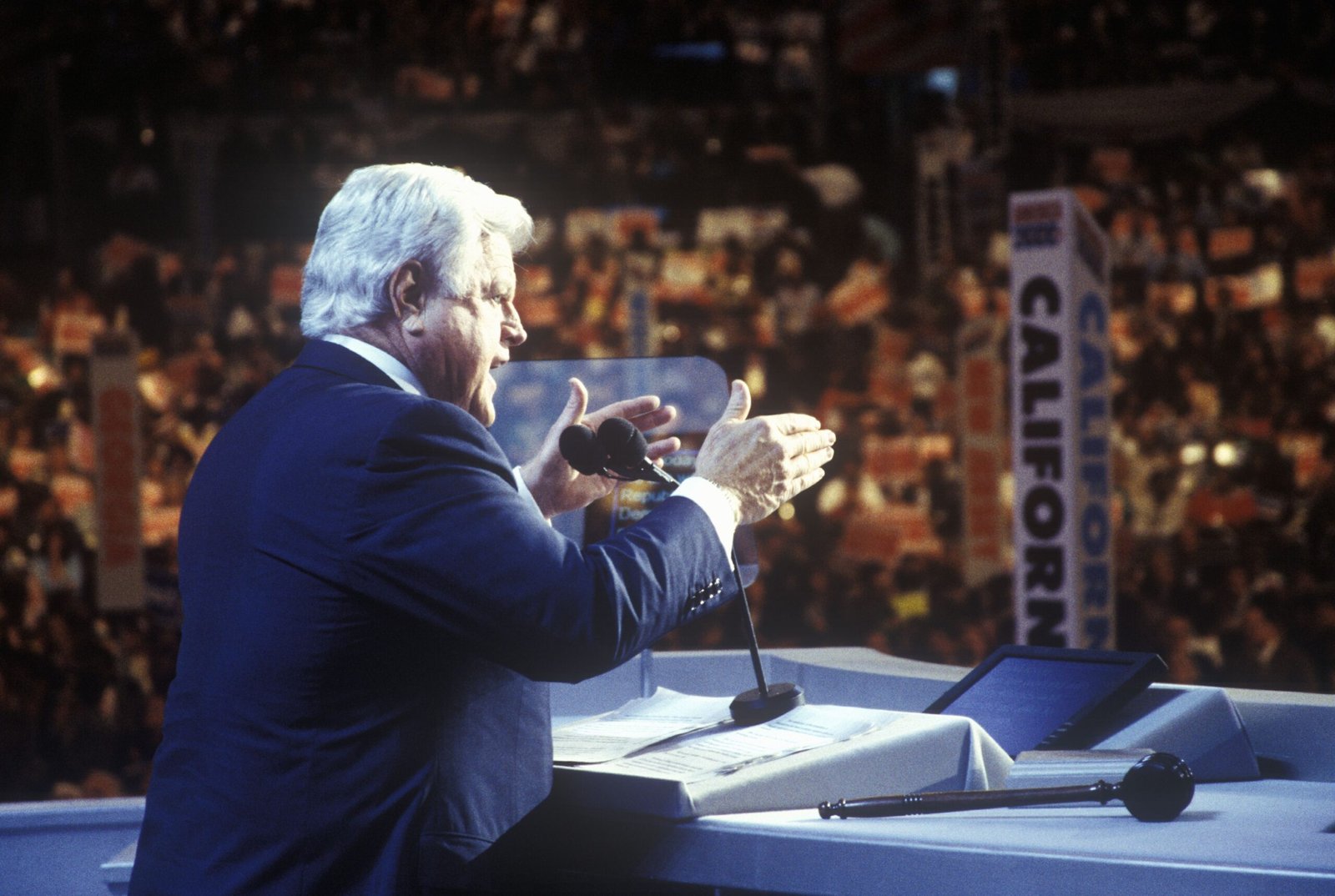



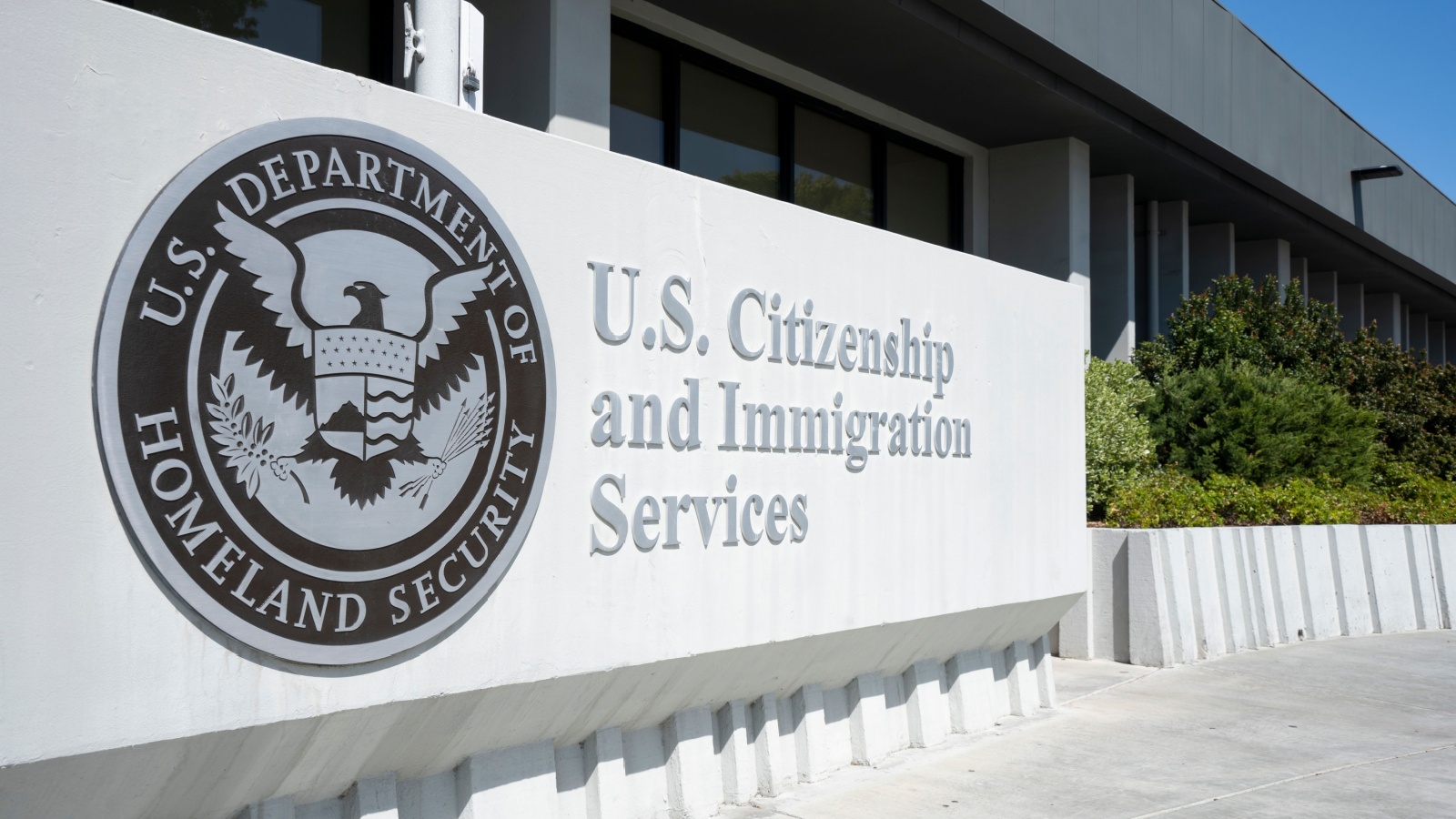

Glücksspiele im Internet sind mittlerweile Gang und Gebe.
Des Weiteren erhältst du zum Einstieg bei allen Anbietern einen sehr attraktiven Echtgeld Casino Bonus.
Wir haben die besten deutschen Echtgeld Casinos für dich herausgefiltert.
Online Glücksspiele ohne Geld haben für dich keinen Reiz?
Die Kombination aus unserer Expertise und dem verantwortungsbewussten Spielen der Spieler schafft eine Synergie, die den Weg zum Erfolg in Echtgeld Casinos ebnet.
Man muss stets ihr Budget im Auge behalten,
wenn man in einem Online Casino Echtgeld einsetzt.
150 Freispiele ohne Einzahlung Sofort Erhältlich Neben der Spielauswahl testen wir daher auch Aspekte wie Bonus Angebote, Auszahlung und Lizenz.
In unsere Topliste schaffen es nur Casinos, die Ihnen auch ein unterhaltsames Spielerlebnis per Tablet
oder Smartphone bieten. Die beste Echtgeld Casino App finden Sie
in unserer Liste der besten Online Casinos.
Es sollte bewährte Zahlungsmethoden bieten, über eine Lizenz verfügen und Auszahlungen schnell bearbeiten. Das
beste Echtgeld Online Casino finden Sie bei einem Anbieter,
der Ihnen eine sichere Spielumgebung und eine große Auswahl an Spielen bietet.
References:
https://online-spielhallen.de/888-casino-aktionscode-ihr-schlussel-zu-exklusiven-vorteilen/
For those who enjoy real money gaming, the platform’s pokies include transparent
payout tables, fair RNG results, and the thrill of instant wins.
Demos let you learn the game mechanics and features
before playing with real money. Rocketplay offers dedicated apps for iOS and
Android with full access to games, banking, promotions, and support.
The platform also delivers a smooth mobile
experience, fully optimized for both iOS and Android devices, allowing players to enjoy premium gaming
anywhere. Rocketplay Casino stands out as a top choice for players who want a safe, feature-packed, and trustworthy online gaming experience.
The interface also runs smooth on mobile, so you
can jump into a live round during your lunch break or while
watching the footy. Multiple languages are supported at the
tables, so if you prefer something other than English, chances
are you’ll find it. Hundreds of versions, fast play modes, and even crypto-friendly options if that’s your style.
You can take a seat at blackjack, roulette, baccarat, or even go all-in on game shows
like Crazy Time or Monopoly Live.
References:
https://blackcoin.co/monte-casino-overview/
Royal Reels strengthens security protocols with artificial intelligence–driven fraud detection, providing higher protection against unauthorized attempts and
ensuring safe transaction environments for all members. As a forward-thinking platform, Royal Reels Casino continuously invests in innovation to maintain its status as a top gaming destination. The VIP and loyalty programs at
Royal Reels further augment the promotional package, offering points for play that can be exchanged for
exclusive benefits.
The user interface is designed with players in mind, incorporating a streamlined
layout that ensures effortless accessibility of key features.
As Royal Reels continues to evolve in tandem with the advancing digital gaming industry,
it remains steadfast in its dedication to providing an innovative, secure, and enjoyable gaming experience for all its members.
This commitment is further reinforced through stringent player account
verification procedures, thwarting unauthorized access and
promoting safe gaming practices.
References:
https://blackcoin.co/the-top-online-casinos-in-the-us-november-2025/
australian online casinos that accept paypal
References:
chitsime.org
paypal casino usa
References:
https://www.postajob.co.uk